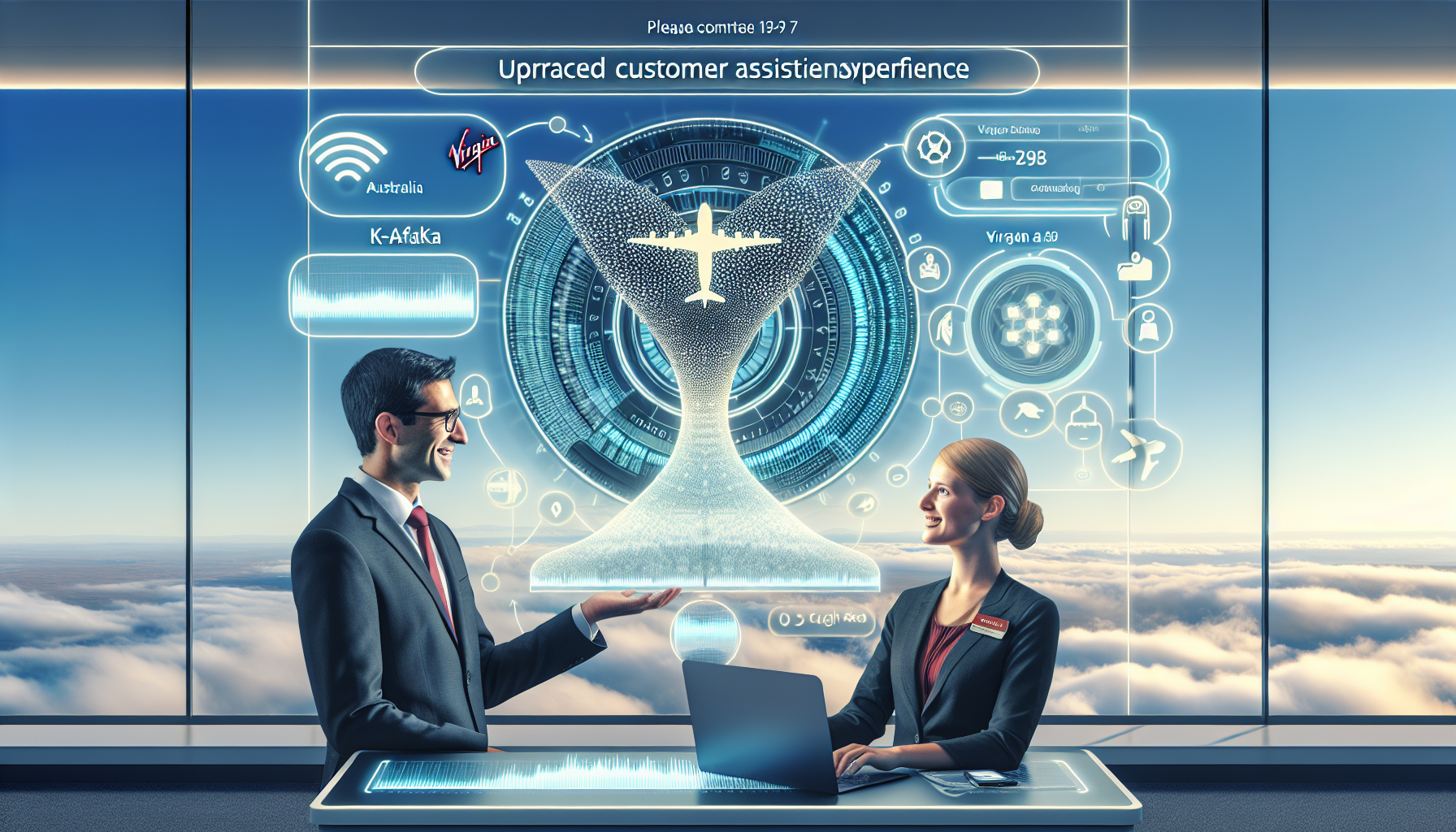Virgin Australia Utilizes Kafka to Enhance Customer Experience
We independently review everything we recommend. When you buy through our links, we may earn a commission which is paid directly to our Australia-based writers, editors, and support staff. Thank you for your support!
Quick Read
- Virgin Australia integrates Confluent Kafka to supersede legacy batch-processing mechanisms.
- Kafka empowers real-time data for monitoring flights, baggage, and rebooking processes.
- Flight State Engine (FSE) oversees live updates from numerous data sources.
- “Journey Tracker” and baggage updates now send real-time alerts through the app.
- Automated Passenger Recovery (APR) swiftly rebooks passengers on canceled flights.
- Kafka accelerates the creation of passenger manifests, minimizing flight prep duration.
- Virgin aims for enhanced operational responsiveness and customer satisfaction with live insights.

Revamping the Aviation Experience with Instantaneous Data
Virgin Australia has undertaken a major step in digital innovation by implementing Confluent Kafka to enable real-time data processing throughout its operations. The airline is enhancing customer-oriented services like live flight notifications, baggage tracking, and automated passenger recovery by transitioning from outdated batch processing systems to Kafka’s event streaming technology.
Flight State Engine: Central to Live Flight Updates
At the center of this evolution is the Flight State Engine (FSE), a real-time data conduit that acts as the definitive source for flight status. By aggregating data from multiple internal and third-party sources, FSE processes and organizes information in real-time — essential due to intermittent connectivity at certain regional airports across Australia. This system guarantees precise and timely flight updates for passengers as well as operational personnel.
Transitioning from Outdated Systems
The FSE was originally developed on Oracle’s now-defunct SOA platform and has been migrated to Kafka technology. This transition enhances reliability and scalability while aligning with Virgin’s initiative towards cloud-native frameworks.
Instantaneous Journey and Baggage Updates
New functionalities in the Virgin Australia mobile application, including the “Journey Tracker” and baggage tracking, now leverage event streams. The Journey Tracker provides passengers with immediate updates on gate alterations, delays, and other pertinent flight details. Simultaneously, real-time baggage tracking informs users when their luggage is loaded onto the plane and when it’s ready for collection at the carousel — with notifications precisely timed to alert users when to approach the baggage area.
Automated Passenger Rebooking in Disruptive Scenarios
Flight cancellations are no longer synonymous with lengthy lines or customer service delays. Virgin Australia has introduced an Automated Passenger Recovery (APR) solution, which utilizes Kafka to identify disruptions and automatically rebook impacted passengers. Notifications are sent through the app, allowing passengers to accept new bookings or consider alternatives — all in real-time.
Boosting Efficiency: Quicker Manifests and Flight Readiness
Kafka is also streamlining backend operations such as the generation of passenger manifests. Virgin reports that this process now operates up to 40 seconds faster, which aids in reducing turnaround times and expedites flight departures. In aviation, every second matters, and this enhancement contributes to improved punctuality and customer satisfaction.
Cloud-Native Design and Integration of Analytics
Kafka’s cloud-native functionality is empowering Virgin Australia to accommodate emerging use cases like real-time analytics. The analytics team is beginning to utilize Kafka to access transactional data that was previously confined to various systems, unlocking new possibilities for data-informed decision-making.
Conclusion
Virgin Australia’s adoption of Confluent Kafka exemplifies how cutting-edge data streaming technologies are transforming the airline sector. From real-time updates and baggage tracking to automated flight rebooking, Kafka is assisting Virgin in providing an enriched, real-time customer experience while enhancing operational flexibility. As the airline continues to develop its digital ecosystem, Kafka is set to play an increasingly vital role in data-driven innovation.
Q: What is Confluent Kafka and what role does it play for Virgin Australia?
A:
Confluent Kafka is a distributed event streaming platform that facilitates real-time data processing. Virgin Australia employs it to supersede outdated batch processing infrastructures, allowing for live updates and quicker operational responses.
Q: What exactly is the Flight State Engine (FSE)?
A:
The FSE is a Kafka-driven data pipeline that consolidates, purifies, and organizes flight data from multiple sources. It delivers an authoritative perspective on flight status for both passengers and personnel.
Q: How does the Virgin Australia app leverage Kafka?
A:
The application incorporates real-time features like Journey Tracker and baggage tracking. These services provide immediate updates to passengers regarding gate adjustments, delays, and baggage conditions utilizing Kafka event streams.
Q: What is the Automated Passenger Recovery (APR) system?
A:
APR is a Kafka-driven system that identifies flight cancellations and automatically rebooks impacted travelers. Passengers receive alerts and can either accept the new itinerary or modify the options through the app.
Q: How does Kafka enhance flight operations?
A:
Kafka decreases the time required to produce passenger manifests and optimizes the flow of data between systems. This results in expedited flight preparation and better on-time performance.
Q: Is this system adaptable for future expansions?
A:
Absolutely, Kafka supports cloud-native structures and real-time analytics, enabling Virgin Australia to expand its digital offerings and merge additional use cases such as predictive insights.
Q: How does this benefit passengers in isolated or remote regions?
A:
Kafka is capable of processing data from systems with unreliable internet connections, such as those in remote airports, ensuring that passengers continue to receive accurate and timely updates regardless of their location.
Q: Will additional airlines likely follow this path?
A:
Considering the evident advantages in improving passenger experiences and operational efficiency, it is probable that other airlines will implement similar real-time data streaming technologies soon.
